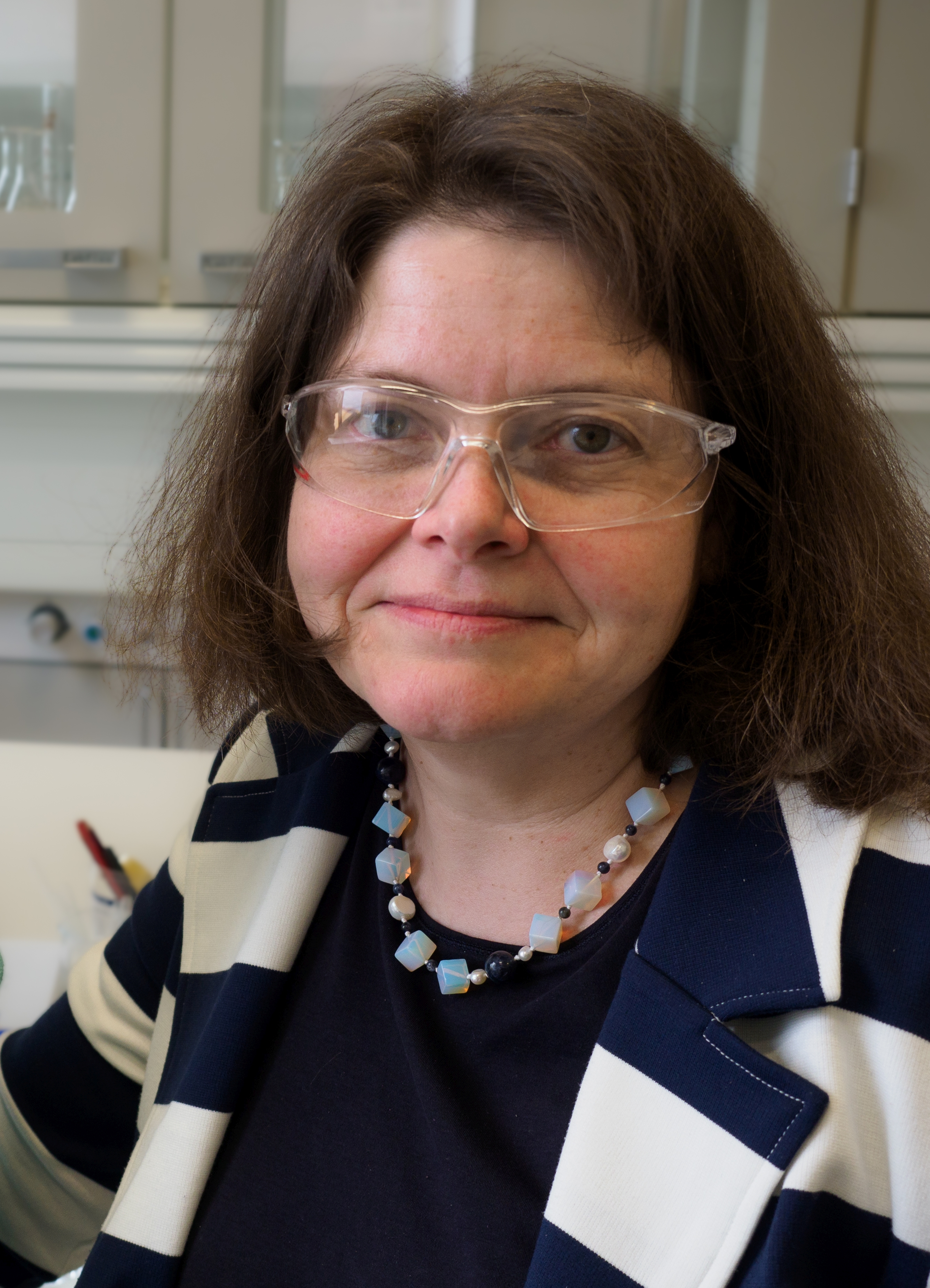Anja-Verena Mudring receives major funding from IRFD for green cooling
Independent Research Fund Denmark has granted DKK 2.9 million to research into how to prevent cooling systems from exacerbating global warming.

It may sound paradoxical, but it is true enough: Cooling and refrigeration can contribute to global warming.
Domestic and commercial cooling and refrigeration account for almost 20 per cent of global electricity consumption, and it is estimated that more than 10 per cent of global greenhouse gas emissions will originate from cooling before 2030, unless a revolutionary technology can be developed to replace current methods.
Such a technology could be magnetic cooling. This is a transformation technology that can achieve 75 per cent efficiency compared with conventional cooling.
Magnetic cooling is not dependent on environmentally hazardous refrigerants such as fluoride or chlorofluorocarbons, which we know contribute to global warming. However, despite the considerable energy savings potential of magnetic cooling, the technology is not used widely because there is a lack of materials that can deliver the required magnetocaloric effect (MCE).
With the DKK 2.9 million from IRFD, Anja-Verena Mudring and her group at the Department of Chemistry aim to close this gap by systematically exploring the most promising systems that demonstrate the effect.
The funding from IRFD comes from the DKK 105 million that is part of the political agreement on the allocation of research reserve funds in 2022. IRFD has been tasked to allocate the funds within the politically determined theme of “Green research”. IRFD prioritises funding for researchers' own initiatives within green research, and the fund supports ideas within and across all scientific areas. The money will be distributed between 37 projects – of which a total of four are at Aarhus University.
